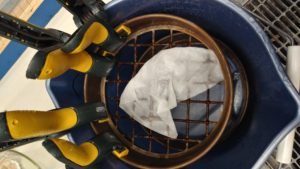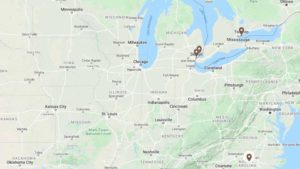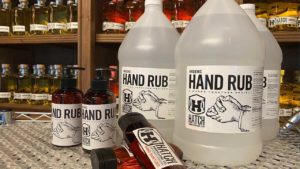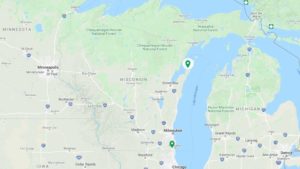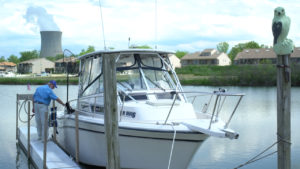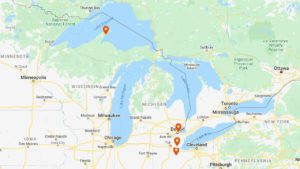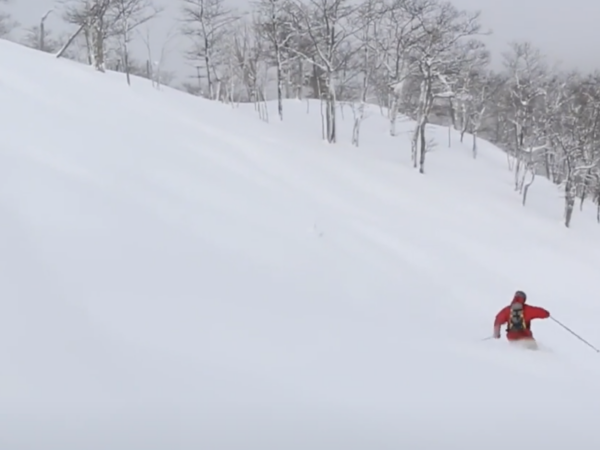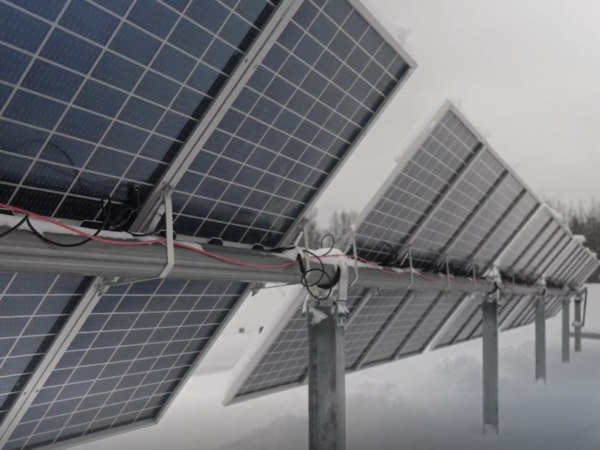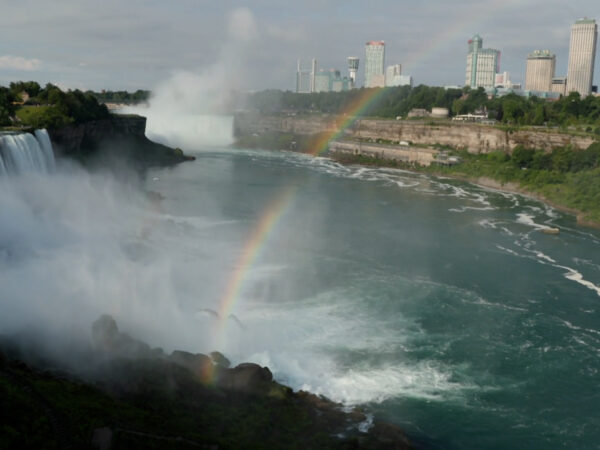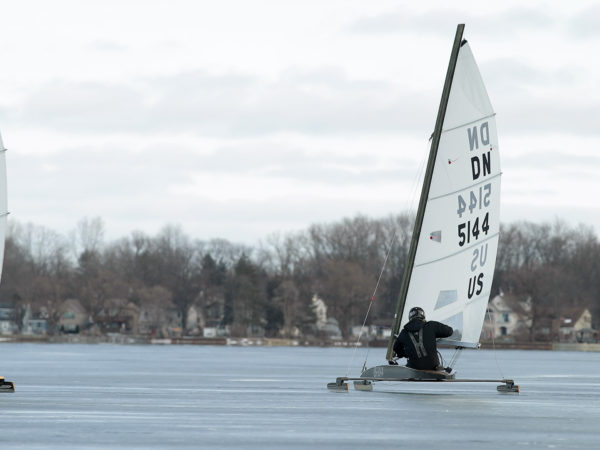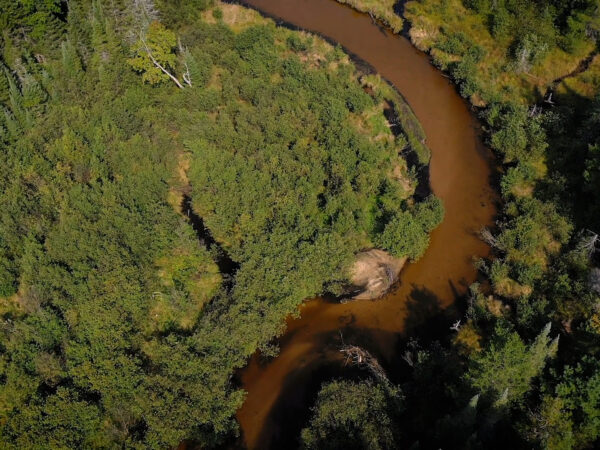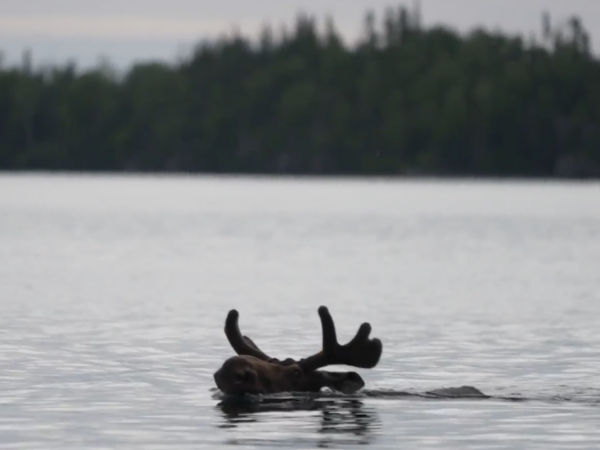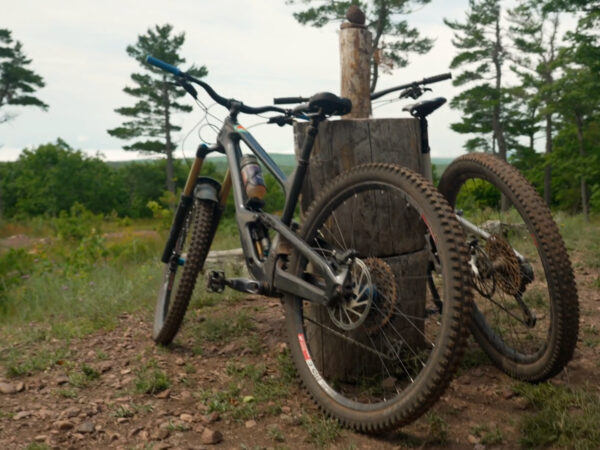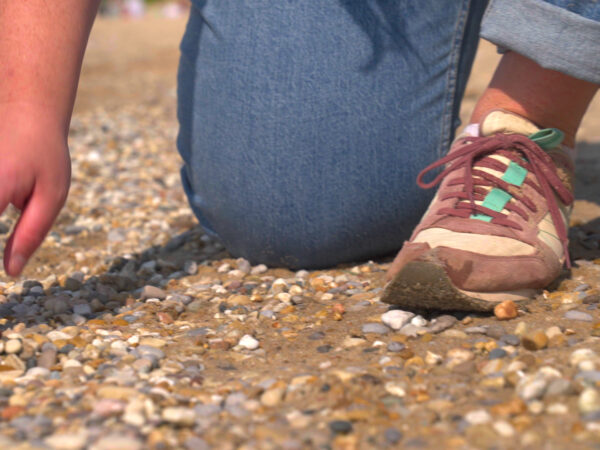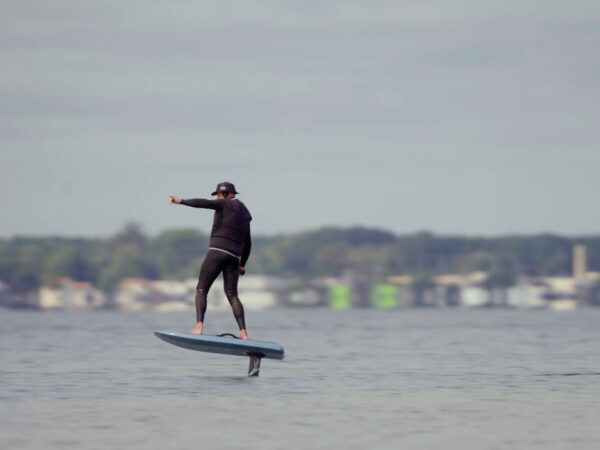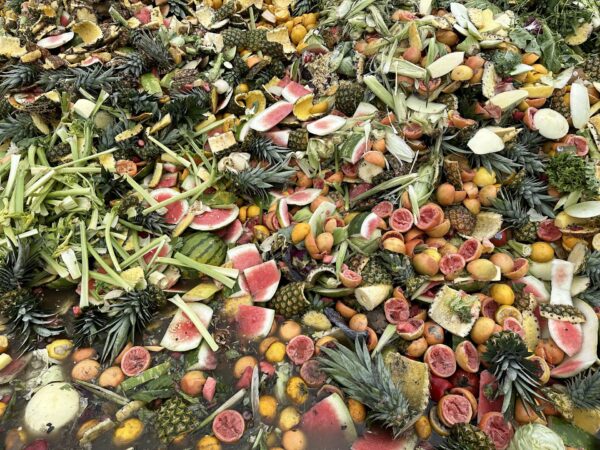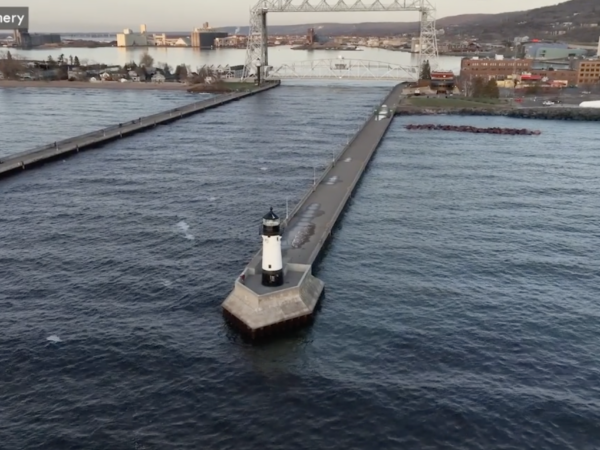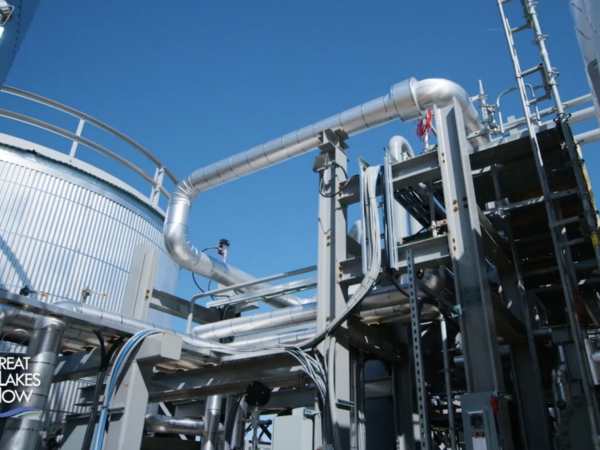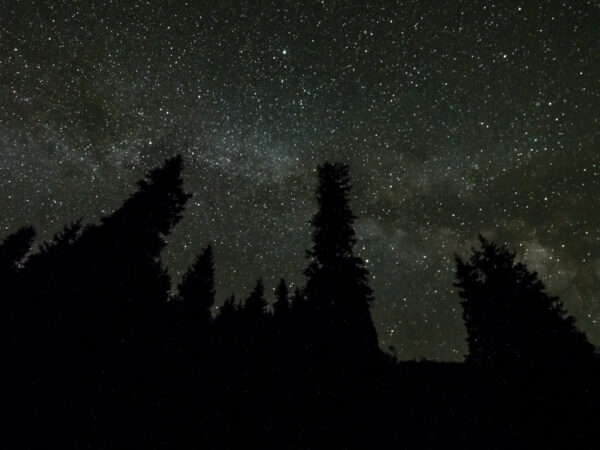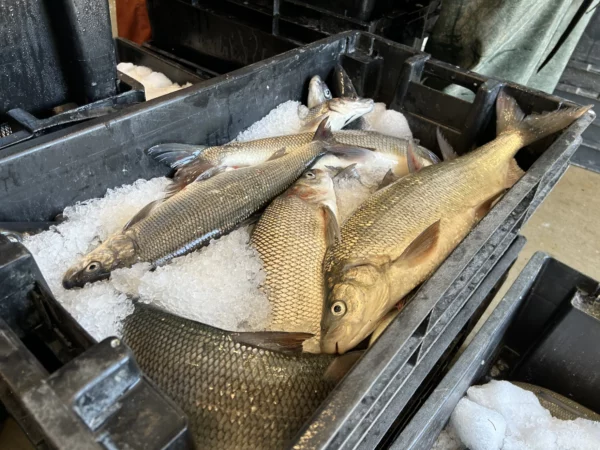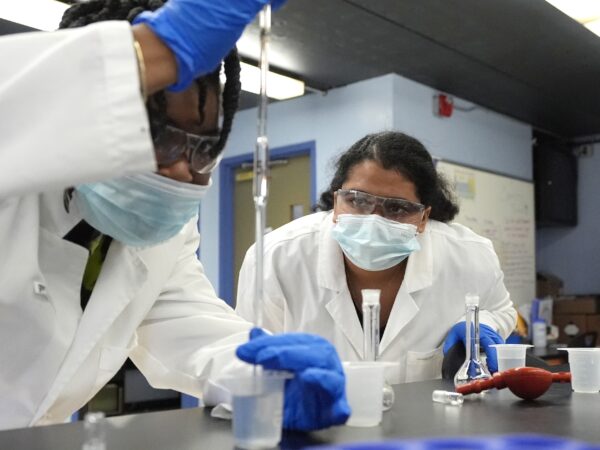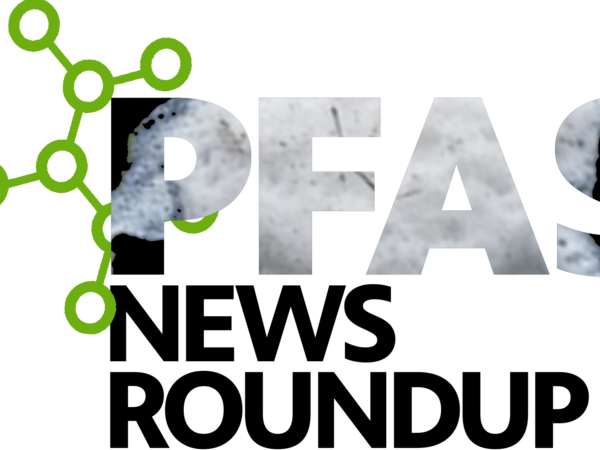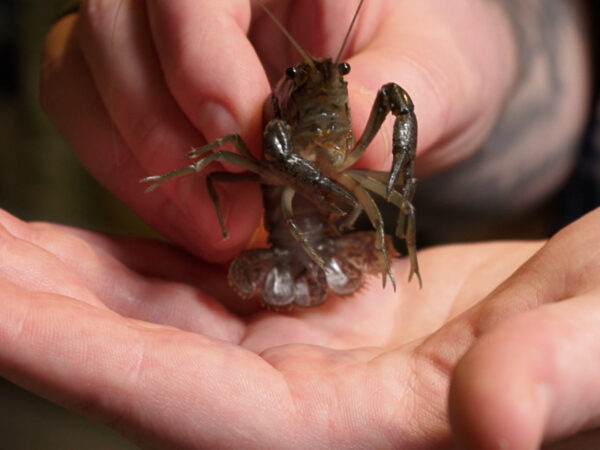The pandemic raises questions: As stay-at-home orders end around the Great Lakes, does Wisconsin’s experience opening businesses predict anything for other communities that depend on tourism? How are researchers, reef restorers and hydroponic farms reacting to the pandemic? What has the pandemic done to charter fishing for walleye on Lake Erie? Plus, with an increase in use of personal wipes — four times as many in one Michigan community — will there be more fatbergs growing in our sewer systems?
WHERE WE TAKE YOU IN JUNE
Have a question about the Great Lakes or life in the region?
Ask Great Lakes Now, and if we can answer it, we might loop it into our coverage so others can learn too.
Submit Your QuestionPremieres on DPTV
Tuesday, June 30 at 7:30 PM
STATIONS CARRYING THE SERIES
DPTV
Detroit, Michigan
WEAO
Akron, Ohio
WNEO-TV
Alliance, Ohio
WCML-TV
Alpena, Michigan
WDCP-TV
Bad Axe, Michigan
BCTV
Bay County, Michigan
WBGU-TV
Bowling Green, Ohio
WNED-TV
Buffalo, New York
WCMV-TV
Cadillac, Michigan
WTTW-TV
Chicago, Illinois
WVIZ-TV
Cleveland, Ohio
WKAR-TV
East Lansing, Michigan
WQLN-TV
Erie, Pennsylvania
WCMZ-TV
Flint, Michigan
WGVU-TV
Grand Rapids, Michigan
WGVK-TV
Kalamazoo, Michigan
WNMU-TV
Marquette, Michigan
WMVS-TV
Milwaukee, Wisconsin
WCMU-TV
Mount Pleasant Michigan
WNIT-TV
South Bend, Indiana
WCNY-TV
Syracuse, New York
WGTE-TV
Toledo, Ohio
WDCQ-TV
University Center, Michigan
WNPI-TV
Watertown, New York for Ontario signal
WPBS-TV
Watertown, New York for U.S. signal
Fighting Fatbergs
SEGMENT 1 | Macomb County, Michigan
In 2019, a 19-ton glob of garbage and waste clogged a southeast Michigan sewer.
Called a “fatberg,” the blockage was made of fats, oils and greases bound together mainly by disposable wipes. Great Lakes Now introduced you to the Macomb County fatberg in our “Waters Infected” episode last year. Here’s what we said:
It’s a congealed mess of things people have put down their toilets, sinks and drains that should go in the garbage — think wipes, paper towels and hygiene products. … What makes fatbergs such a problem is that if they get big enough, they clog the sewer linked, which can mean raw sewage backing up into basements or leaking into rivers or lakes.
The COVID-19 pandemic has led to a four-fold increase in the number of wipes appearing in the Macomb County system, according to Candice Miller, public works commissioner. Some of those wipes are labeled “flushable,” but research suggests they can cause big problems in sewers.
Wipe-makers disagree, and Miller is suing to keep the word “flushable” off of wipe labels.
The county has filed a lawsuit against wipe manufacturers, as researchers try to determine what’s really “flushable.”
Great Lakes Now Correspondent Will Glover takes you in the sewers, to the research labs and into the dispute that seeks to answer the question, “Can I flush this?”
Here is other Great Lakes Now work about fatbergs:
- Slow Legislation: Flushable wipes become an issue in court and in law
- Epidemic of wipes and masks plagues sewers, storm drains
- COVID-19 Caution: Water Resources Commissioner asks people not to flush cleaning products
- Don’t Feed the Fatberg: Michigan Science Center launches its fatberg exhibit
- Take the Great Lakes Now quiz to find out which city’s fatberg you have the most in common with.
Help your kids build a fatberg at home — SAFELY — in this Great Lakes Learning activity.
Wisconsin Doors Open
SEGMENT 2 | Wisconsin
After the Wisconsin Supreme Court overturned the governor’s safer-at-home orders, the state’s businesses were the first to re-open during the COVID-19 pandemic.
But owners confronted a dilemma: keeping staff and customers safe while trying to make a living.
Some stir-crazy Illinois residents began bouncing up to the Badger State for a sit-down brat and brew, and one of the closest places to do that is Kenosha. The community is just north of the border along Lake Michigan where Brat Stop owner Debbie Glembocki felt a responsibility to reopen her restaurant and cheese mart.
“It’s my family business. My dad passed away last year. I don’t want to lose something that’s been here forever,” she says.
Even though tourism is a key sector in the state, the Department of Tourism is cautious. They’ve adopted the slogan: dream now, travel later. Without a statewide executive order, counties can still decide when and how to open for business.
“In Illinois, the number of coronavirus cases is significantly higher than in Wisconsin,” says Wisconsin Public Radio journalist Corrinne Hess. “So I think some of these border businesses, border cities are worried about the people coming up here and going to the restaurants, going to their stores.”
Further north in Door County, doors are wide open.
“We certainly have different messaging this summer than we initially had planned to when we put our plan together late last year,” said Jon Jarosh, director of communications for Door County. “But, you know, I think our tourism industry here and our economy is resilient.”
However, local distillery Hatch Distilling Co, has eased into re-opening. For now, staff is investing in a side hustle: hand-sanitizer production.
“Everyone comments that it smells so good and that it smells like bourbon,” says owner Christ Roedl.
Here is other Great Lakes Now work about travel and tourism in the region:
- Cruises
- Big Five Dive
- Growing Pains: Big crowds on a little island can bring out the darker side of Great Lakes tourism
- Hope and Resilience: Great Lakes islanders continue to adapt to COVID-19 conditions
- Missing Opportunity: States, industry work together to promote outdoor recreation
- Cruises Continue Amid COVID-19: Uncertainty mars but doesn’t stop Great Lakes cruises
- Cruising the Lakes: Port stops for cruise lines all around the Great Lakes
Find all of Great Lakes Now’s coverage of the COVID-19 pandemic HERE along with Episode 1014: Lakes on Lockdown.
COVID-19 Updates
SEGMENT 3 | Detroit, Keweenaw Peninsula, and Lake Erie
The global pandemic has changed how hydroponic farmers, lakes researchers and fishing charters are operating this summer.
In this segment, we first revisit PlanTed a hydroponic farm in Detroit to find out how urban growers are shifting their businesses in response to the COVID-19 pandemic. HERE is the first segment about this business.
Researchers on Lake Erie shared how the health crisis is impacting their harmful algal monitoring programs. We first met them in “Toxic Algae and the Climate Conundrum.”
We also check in with scientists at Buffalo Reef, an important fish spawning site off the Keweenaw Peninsula where restoration efforts are underway. The EPA’s Chris Korleski gives an update on what will happen this summer – HERE is what we reported last year.
Finally, on Lake Erie, Captain Dave Spangler walks us through the precautions charter boats are taking to help reduce the spread of the virus. Spangler, who has been a source in numerous Great Lakes Now stories, died in October.
Find all of Great Lakes Now’s coverage of the COVID-19 pandemic HERE along with the full episode: Episode 1014: Lakes on Lockdown.
Previous Episodes
Featured Articles
Digital Credits
The Great Lakes Now Series is produced by Rob Green and Sandra Svoboda.


